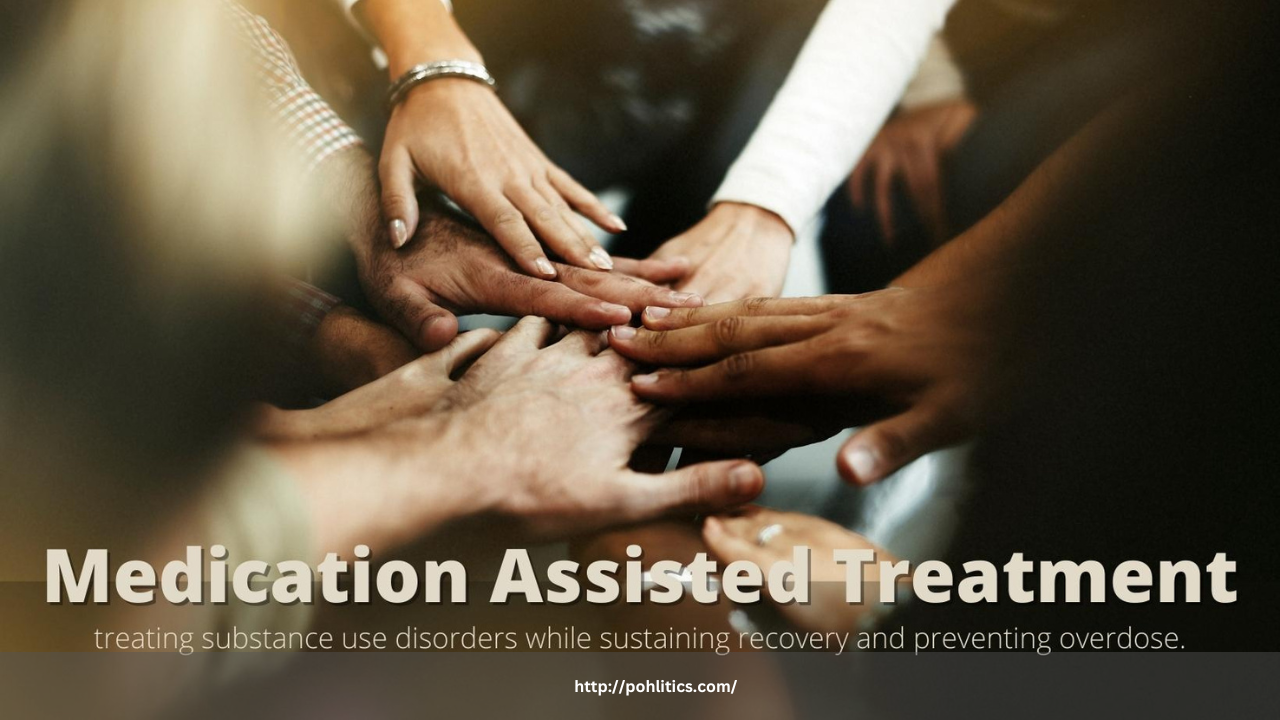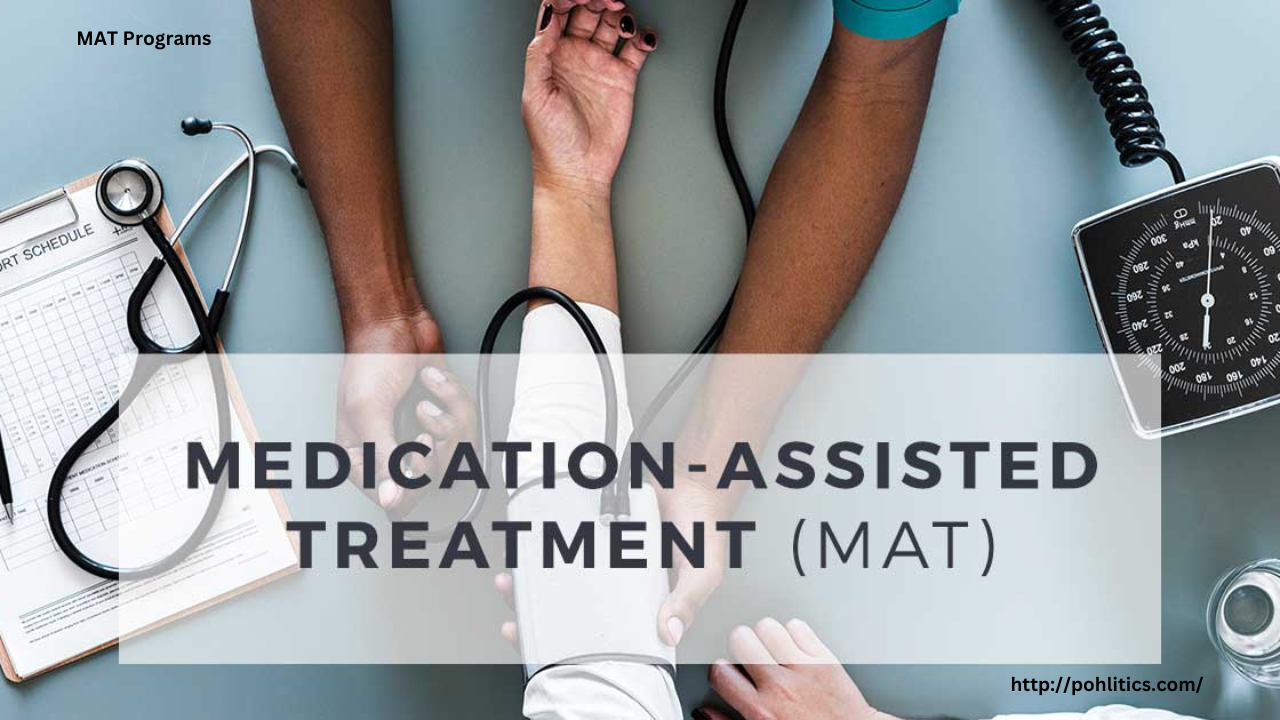
Substance use among teenagers and young adults is a pressing concern in Michigan, where early intervention and specialized support are crucial for long-term recovery. Recognizing the unique challenges faced by this age group, the state offers a variety of programs tailored to meet their specific needs.
Understanding the Need
Adolescents and young adults often grapple with peer pressure, identity exploration, and emotional turbulence, making them susceptible to substance misuse. Early exposure can lead to long-term dependency, affecting their health, education, and relationships. Therefore, age-appropriate interventions are essential.
Specialized Treatment Centers
Michigan hosts numerous facilities dedicated to youth recovery:Addicted
- Pine Rest Christian Mental Health Services: Located in Grand Rapids, Pine Rest offers comprehensive behavioral health services, including addiction treatment for adolescents. Their programs address co-occurring mental health conditions, providing a holistic approach to recovery. Wikipedia
- University Pediatricians’ Adolescent Addiction Recovery Center (AARC): Based in Detroit, AARC specializes in treating adolescents with substance use disorders, emphasizing the importance of addressing concurrent mental health issues. universitypediatricians.org
- Henry Ford Health’s Teen Addiction Care: This program focuses on individualized treatment plans for teens, incorporating family involvement and education to support sustained recovery. Henry Ford Health
Supportive Community Programs
Beyond clinical settings, community-based initiatives play a vital role:
- Ozone House: Operating in Ann Arbor, Ozone House provides emergency shelter, counseling, and transitional living programs for at-risk youth aged 10–21, addressing both immediate needs and long-term recovery goals. Wikipedia
- Alateen: A branch of Al-Anon, Alateen offers support groups for teenagers affected by someone else’s drinking, creating a safe space to share experiences and coping strategies. Michigan.gov
Accessing Services
The Michigan Department of Health and Human Services (MDHHS) provides resources to help families locate appropriate treatment options. Their online directories list licensed providers specializing in adolescent and young adult care. Michigan.gov
Additionally, organizations like Recovery.com offer comprehensive listings of rehab centers across the state, allowing users to filter by age group, treatment type, and location. Recovery.com
Conclusion
Addressing substance use in teens and young adults requires a multifaceted approach, combining clinical treatment with community support. Michigan’s array of specialized programs underscores the state’s commitment to nurturing the well-being of its younger population. Families and individuals seeking assistance are encouraged to explore these resources to embark on a path toward recovery.








